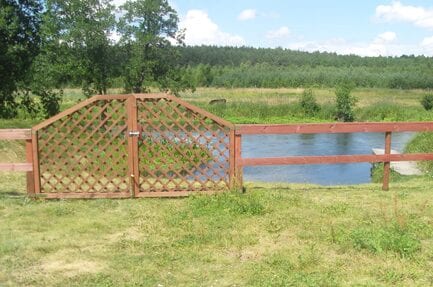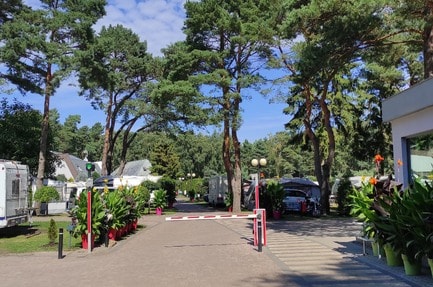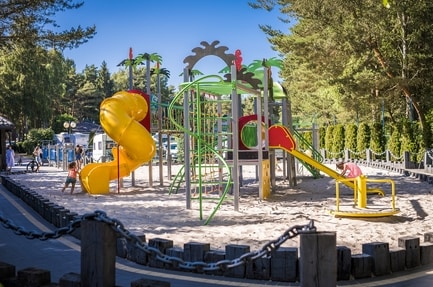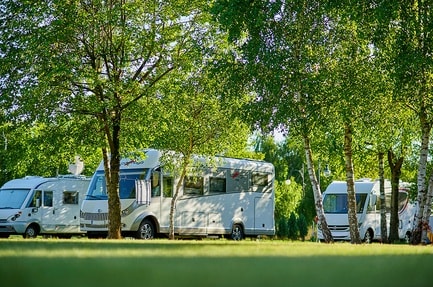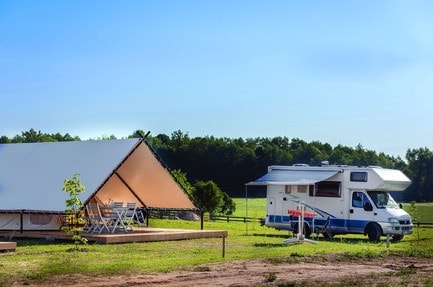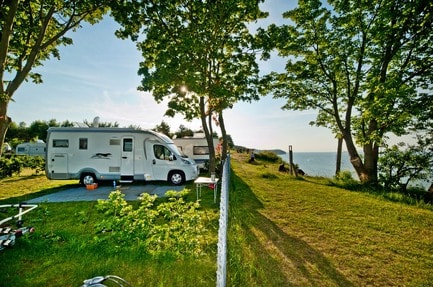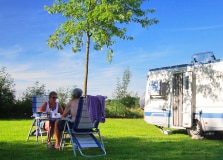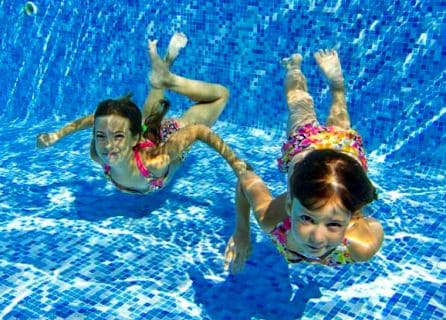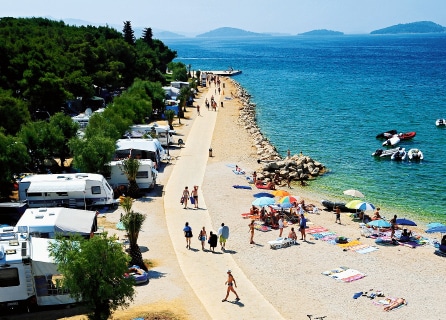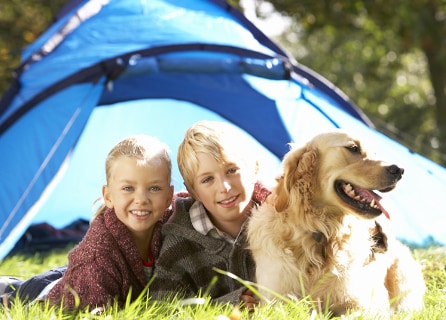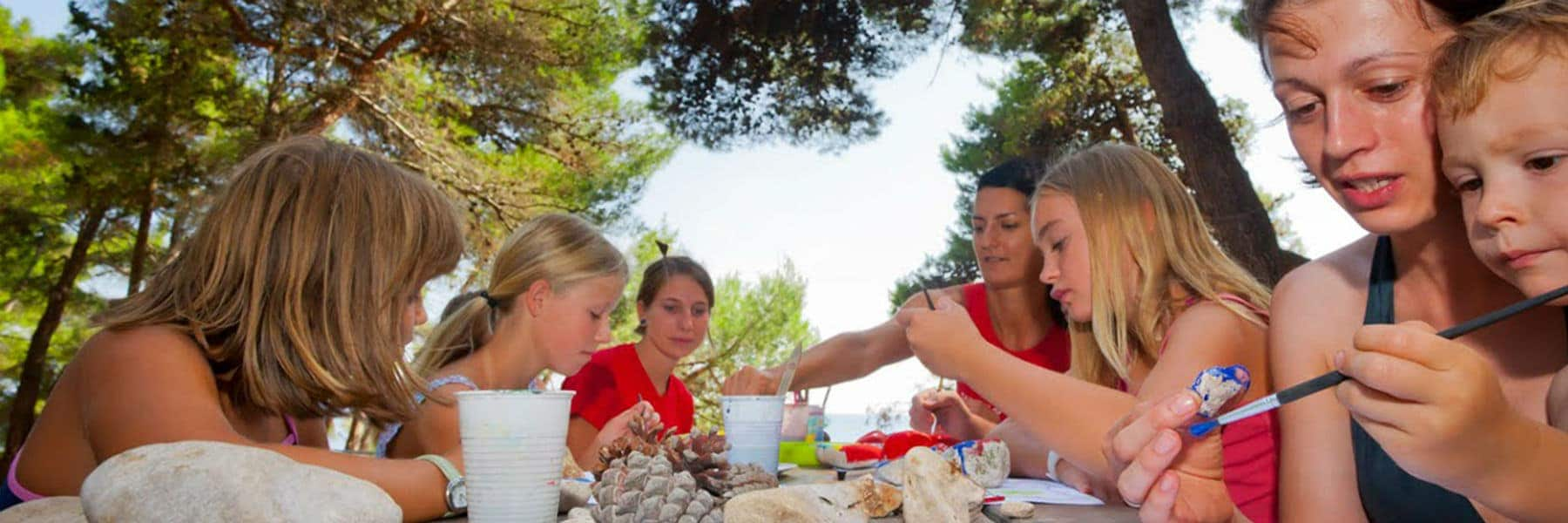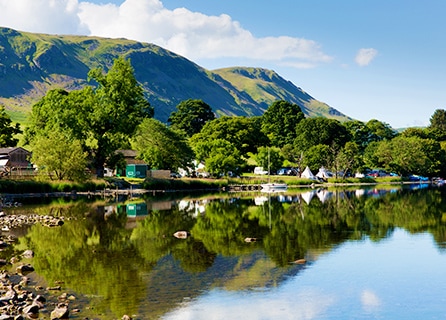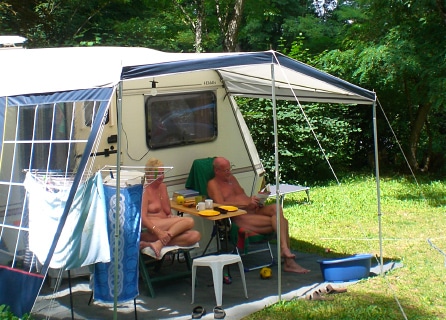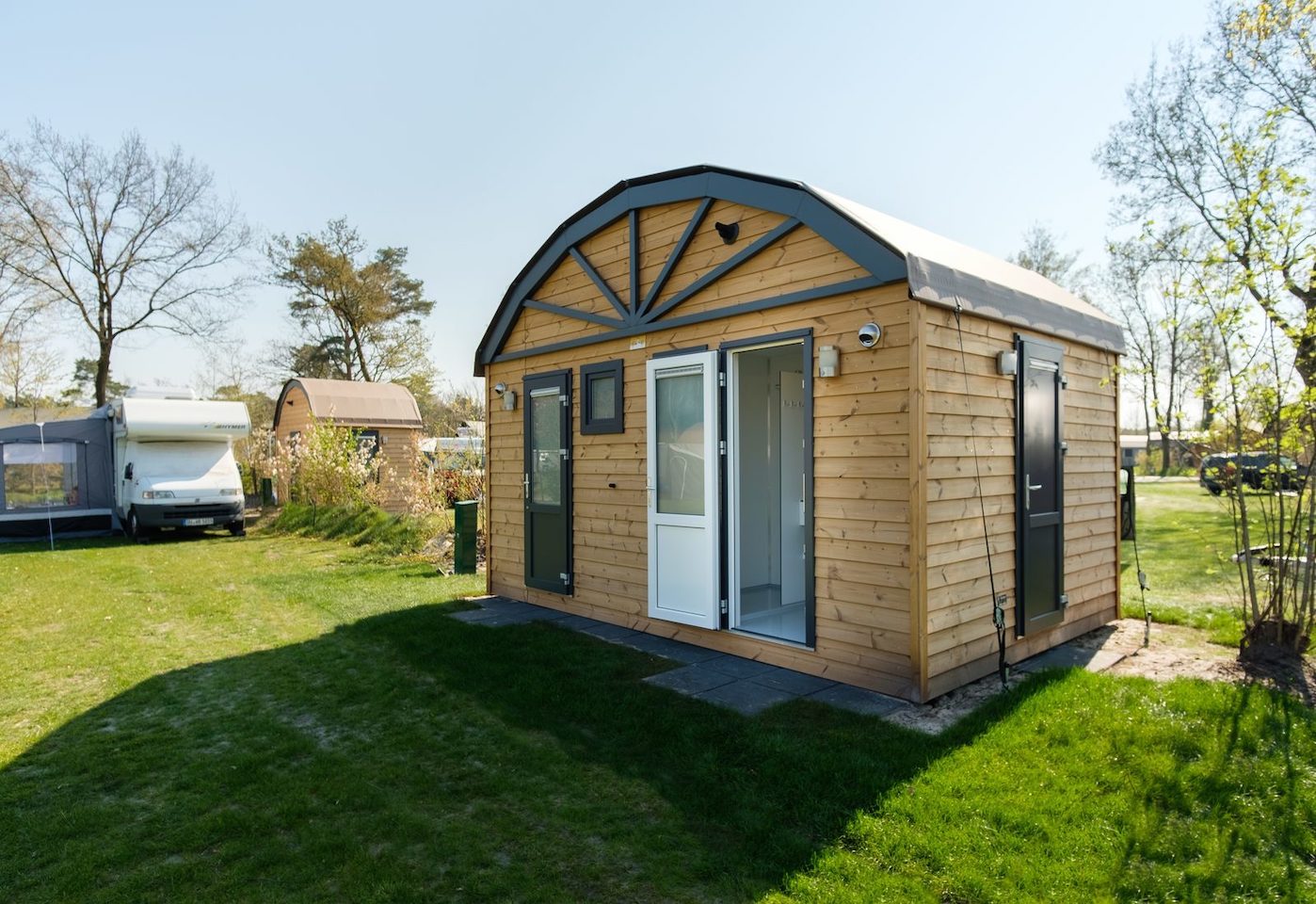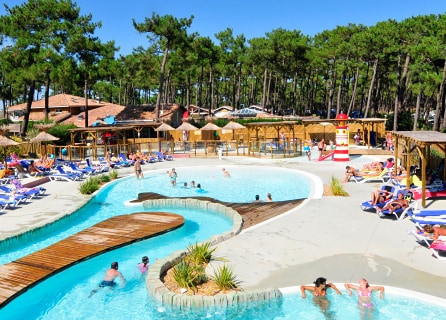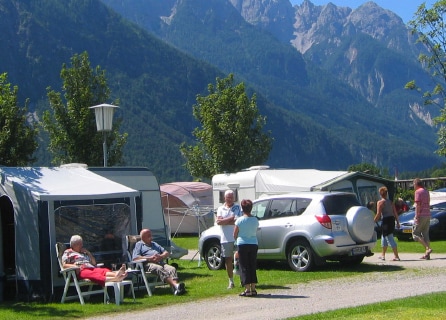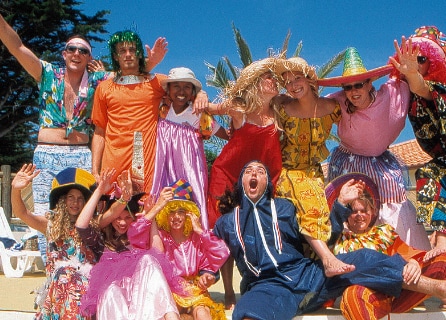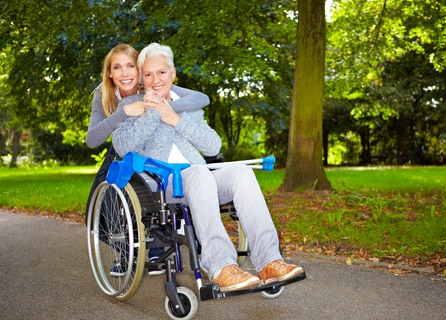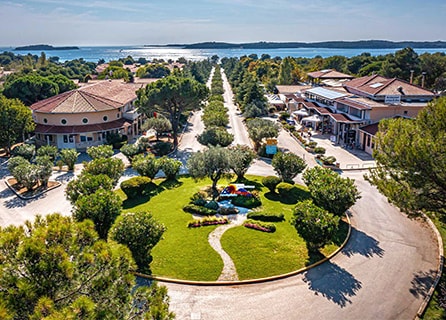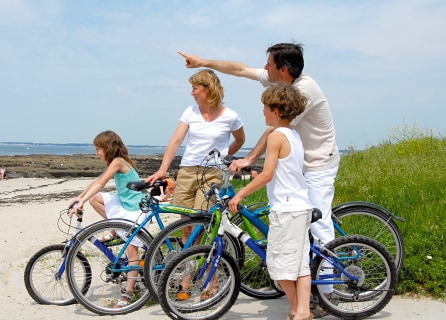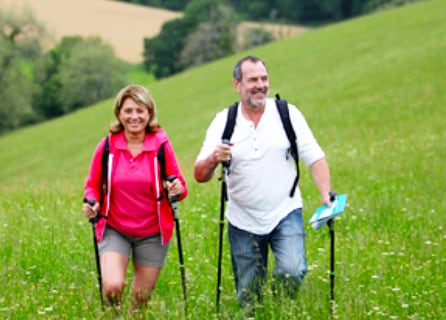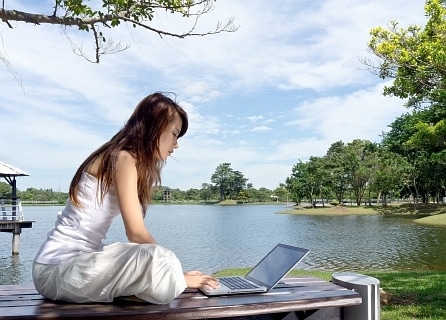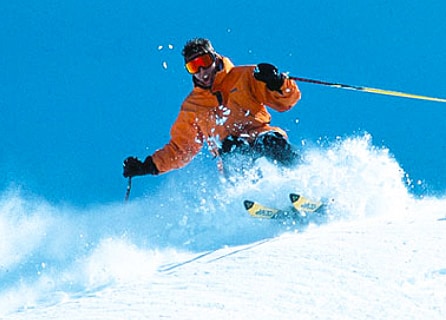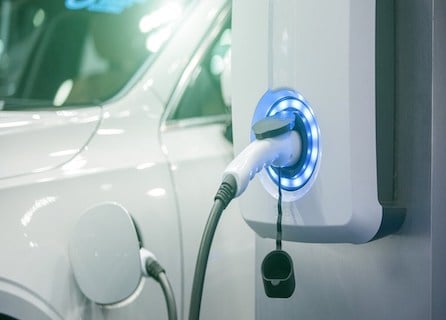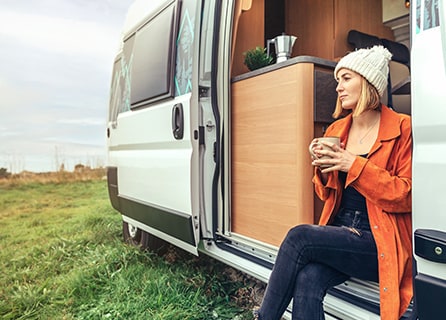Camping in Poland: castles, the countryside and history
Wide sandy beaches, deep gorges, the largest desert, the last primaeval forest in Europe, as well as the ‘Lake District’ and picturesque cities like Kraków or Warsaw. If you go camping in Poland, you can choose from many different regions that are worth seeing.
Castle route
Are you unsure of which part of Poland you want to see? Plan your holiday based on the Gothic castle route. For example, book a campsite in Malbork, Ostróda or Kętrzyn, so that you can visit one of the castles from there. The beautiful Slot Mariënburg in Malbork (or Malbork Castle) can be found along this route. This is the largest medieval castle in Europe and is listed on the UNESCO’S World Heritage List.
Going out into the countryside
Do you want to go out into the countryside? Then a visit to Białowieża National Park is a must. It is home to more than 10,000 animal species. You will benefit greatly from a tour led by a guide. Do you prefer the sun? Go on holiday along the Baltic coast. The beaches there are amazing, like the one in Ustka. The imposing Giant Mountains along the Czech border and the High Tatra Mountains along the Slovakian border invite you to an active camping holiday in the mountains in the south of Poland.
The south also has the largest sand desert of Central Europe: the Błędów Desert. The 32-square-kilometre desert, called the ‘Polish Sahara’, has various hiking, cycling and riding routes as well as a viewing platform. The desert is only 45 kilometres from Kraków.
Kraków
With more than 5,000 historic buildings and monuments, Kraków is the most important cultural metropole in the country and is also referred to as ‘the secret capital city of Poland’. The historic centre of Kraków has been on UNESCO’s World Heritage List since 1978. Wander through the city and enjoy a typical Kraków ‘Pan Kumpir’ (baked potato) or ‘Pieroggen’ (filled dumplings). Visit various places of interest, such as the Wawel Castle, which is certainly worth the trouble. Another tourist attraction is the Wieliczka Salt Mine. This salt mine has 287 kilometres of mine shafts, a small section of which is open for visits.
Impressive
From Kraków, it is possible to visit the former concentration camp Auschwitz. You can go on your own or follow a guide. A visit to this camp is an impressive experience, and you will learn a great deal about a dark period in European history.
